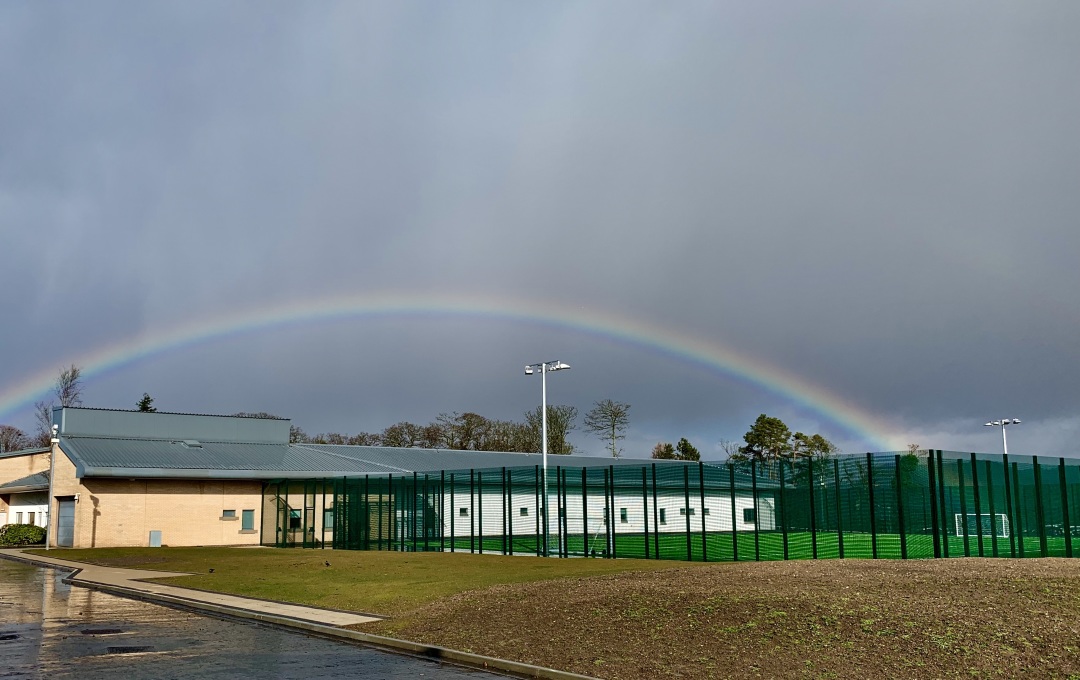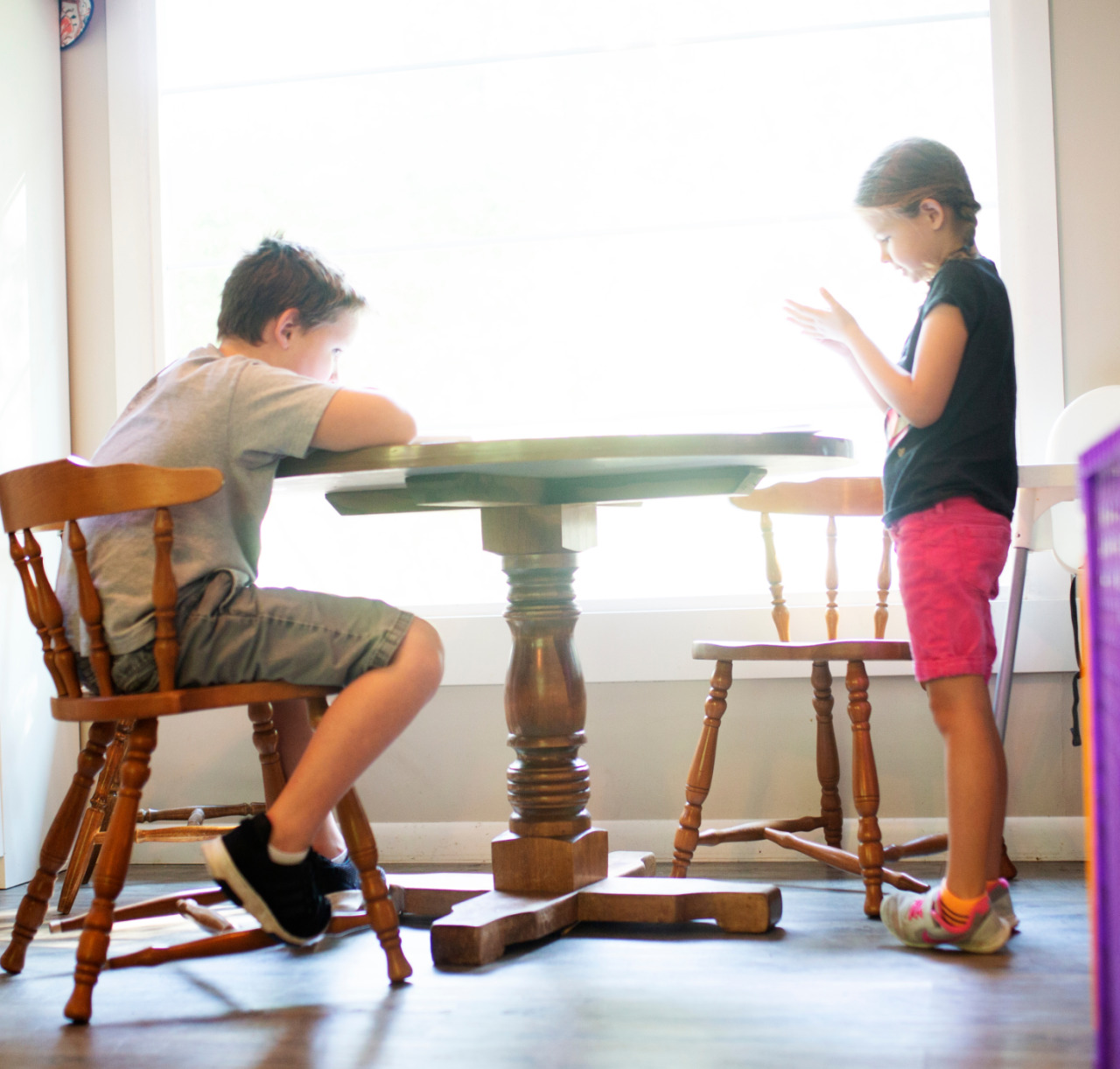Protecting the Rights of the Child in secure care

Today marks the start of the UN Day of General Discussion on the Rights of the Child, exploring the UN Convention on the Rights of the Child, which lays out 54 key rights that must be protected for children and young people.
This year, the discussion is focused on children in alternative care. Over the last year, we’ve been working specifically with the families of children in secure care here in Scotland through our Keeping Families Together programme, because we believe that all children deserve supportive, protective and rights-led treatment.
Secure accommodation is among the most intensive and restrictive ‘alternative care’ in Scotland, where children up to the age of 18 are detained in a locked facility. At any given time there are up to 84 children in secure accommodation across Scotland. These children have almost all experienced serious childhood adversity, including loss, abuse, trauma and disrupted home and school lives, and the vast majority of them have been taken into secure care to protect their welfare.
The UN Convention on the Rights of the Child highlights that children should have safe access to a supportive family in order to flourish, and that families should be given support and assistance to support their children’s wellbeing and growth. we believe that all children in secure care should have the right to support not only in their own right but also support should be offered to the whole family to help them address areas of their lives that they believe contributed to the child being placed in secure care.
With only five secure care centres across Scotland, children and young people are often placed far from their families and support networks. Children aren’t given the choice of staying locally, and that, along with the risks they may face from unsettled home situations, can make it almost impossible to retain or rebuild family relationships.
Without these vital support networks, it can be hard to know where to turn to, or how to recover from a setback. Centring maintaining and rebuilding positive family relationships through rights-based, trauma-informed support can help to break the cycle of intergenerational trauma and help address the causes of parental addiction, experienced by some children reducing the likelihood of children repeatly coming into contact with the justice system.
“For my family, I want to break the cycle of social work involvement for four generations of my family – through drugs and addictions.” - Young person’s testimony, Action for Children
We believe that children should have the support they need to rebuild strong positive family relationships, whatever that means for them – be that a parent, aunt, uncle, grandparent, adult sibling or family friend.
59% of young people presenting as homeless in Scotland last year cited family breakdown as the main reason they left their homes. Building resilient, supportive family relationships is one of the key ways we’re tackling youth homelessness. Last year, 113 families benefited from our mediation and support projects, with 100% of the young people we engaged with either remaining/returning home or moving out in a planned and supported way. Whole family, rights-based and trauma-informed support can make all the difference in helping young people build a more positive future.
Take part in the Day of Discussion on social media using #UNCRC, and tag us @Cyrenians.
Learn more about the Day of Discussion at childrensrightsconnect.org, and read the recommendations we submitted to the Committee on the Rights of the Child here.
Our submission to the UNCRC
Our recommendations on supporting young people in secure care
As part of our Keeping Familes Together project, we submitted the following recommendations to the UN Committee on the Rights of the Child ahead of the Day of Discussion
